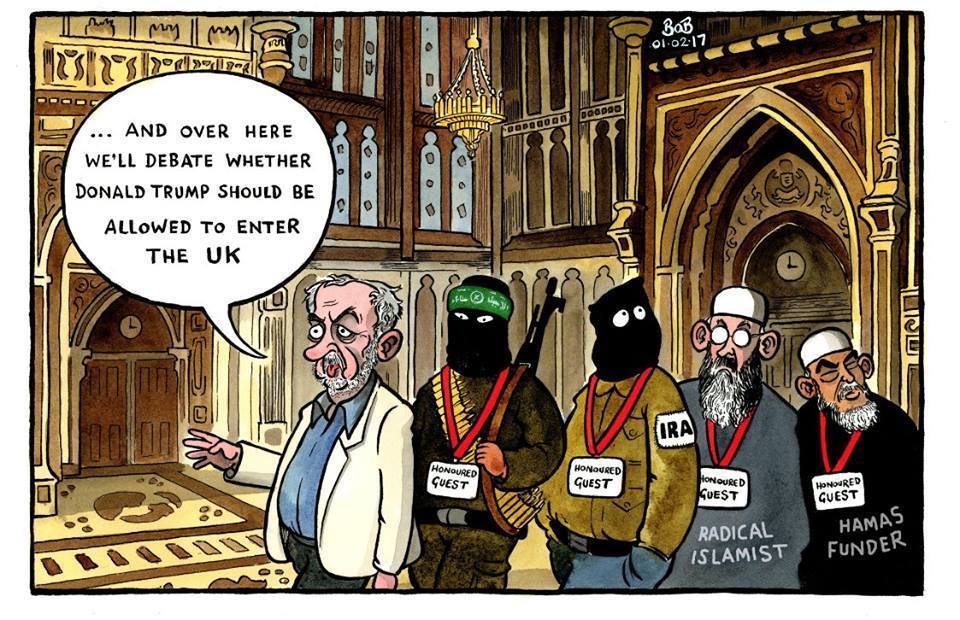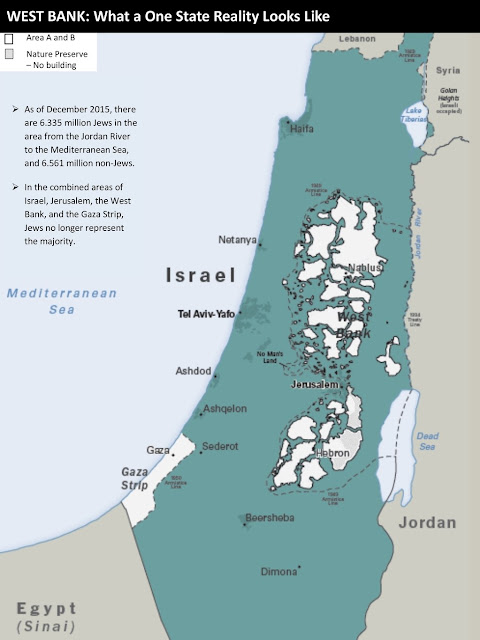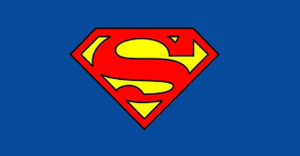JCPA: The Spider’s Web: The Roots of BDS and the Campaign to Delegitimize Israel
Summary of the Main Findings
For almost two decades, Israel has been subjected to an international campaign of political subversion – known as the “Delegitimization Campaign” – aimed at undermining its existence as the sovereign nation state of the Jewish people. The campaign operates in the political, legal, academic, cultural, religious, and economic fields, and also includes “direct action” activities such as flotillas or pre-coordinated demonstrations and marches around the world.
Various organizations follow, map, analyze, and examine the central groups and their EU sources of funding. At the Jerusalem Center we have also been following and mapping the main groups that take part in the campaign. Yet, comprehensive and in-depth research is still missing; such research should isolate the main players – their structures and working methods, inner struggles and dynamics within the campaign, as well as the attempts to convey their message in Western liberal language. In this paper, which is part of our ongoing research, we aim to assist in the filling of this gap. This time, we will map strategically significant European countries, each having its own specific weight, as well as the United States. This mapping exercise also reveals that in spite of the unique geo-political structures in each country, when looking at the main players in the Delegitimization Campaign, the picture is very similar.
The move toward Boycott, Divestment, and Sanctions (BDS) on Israeli products, which comprises most of the economic aspects of the campaign, has probably gained most of the attention among the other fields of the campaign. BDS has many overlapping features with other fields of this campaign, yet also has its unique structures. In common with other fields of this campaign, BDS is presented as a Palestinian “grassroots,” “civil society” initiative; implementing “nonviolent” means to resist the occupation. Yet the reality is markedly different and highlights the main tactics of the main players in the whole campaign:
Yair Lapid: The U.N. and antisemitism: 10-year report card
Between 2006 and 2016 the United Nations Human Rights Council passed 67 resolutions condemning human rights violations around the world: against the massacre of half a million people in Syria, the genocide in Darfur, the execution of lesbian, gay and bisexual people in Iran. A long, bloody and tragic list of horrors.
In that same decade the same Human Rights Council passed 68 resolutions condemning Israel. The council condemned Israel, a law-abiding democracy fighting for its life against murderous terror organizations, more times than the rest of the world combined.
And it’s not just the Human Rights Council.
It’s the biased approach, the disgraceful discrimination of UN bodies when it comes to Jews.
Navi Pillay, who served as the United Nations High Commissioner for Human Rights (a different body from the Human Rights Council), condemned the anti-Muslim caricatures published in the satirical French magazine Charlie Hebdo.
Caricatures looked to her like a violation of human rights. The same high commissioner remained silent when a terrorist murdered a teacher and three children in a Jewish school in Toulouse. That didn’t strike her as a human rights violation.
The situation hasn’t improved since then. The current high commissioner, Zeid Raad Al Hussein, consistently ignores every attack and terror attack against Jews and Israel. The other UN bodies are no better.
Haaretz [click on twitter link]: The Jewish Israeli Living in Iraq and Helping ISIS Victims Rebuild Their Lives
The Jewish Israeli living in Iraq and helping ISIS victims rebuild their lives https://t.co/5CgeaG3h5F
— Haaretz.com (@haaretzcom) July 12, 2018
Talking to: Lisa Miara, lives in Jerusalem and northern Iraq, founder of Springs of Hope Foundation.To Life: How Israeli Volunteers Are Changing the World [featuring Lisa Miara]
How a Jerusalem resident ended in up in Iraq, working with Yazidi child soldiers and women who were tortured, raped and brainwashed in ISIS captivity
We’re familiar with the stories of women who were kidnapped by ISIS and became handmaids. That’s certainly not the whole picture. What do you hear, firsthand, from women who have escaped?
The kidnapped women are forced to give up their Yazidi name and take a Muslim name instead. Naturally, they also undergo coercive conversion to Islam and must take on all the Islamic precepts. Not a few women were simply thrown off high buildings because they refused to pray or bow. There are women who weren’t raped but were stuck in a prison three stories underground, without light or air, without food and water. They weighed 20 kilos [44 pounds] when they were rescued, had no hair on their heads and were suffering from terrible diseases. They said that ISIS gave them one dish of rice for 30 women, once a week. That they were urinated on and were made to drink the urine.
These are stories that no one is taking the trouble to publish. Nor is anyone talking about the insane brainwashing that the Yazidis undergo in captivity. We have an 11-year-old boy who was taken to the hospital in Mosul, where by chance he met his sister, who had been missing for three years and whose fate was unknown. She spat on him and called him a heretic. Of course she refused to go back to her family. Another girl, who was located by the Iraqi army, refused to leave because she thought that the whole world was already under ISIS rule and that there was no point leaving Mosul. And there are, of course, the children. Children who served as soldiers in every respect. On the front. (h/t Zvi)
To Life is a look at five Israeli organizations dedicated to helping people across the globe. This is a story about Israel you won't see in the news. In keeping with the Jewish tradition of tikkun olam ("repairing the world"), Israel has been at the forefront of humanitarian and disaster relief work since the 1950s, less than a decade after becoming a nation. Since then, the Jewish state has provided humanitarian aid to millions of people in 140 countries around the world. Featuring stunning cinematography and moving interviews, To Life follows Israeli volunteers in Uganda, Nepal, Greece, Kurdistan, and the Palestinian territories to find out how and why, with so many security challenges of their own, they reach out so effectively to help other nations.Full Documentary













































